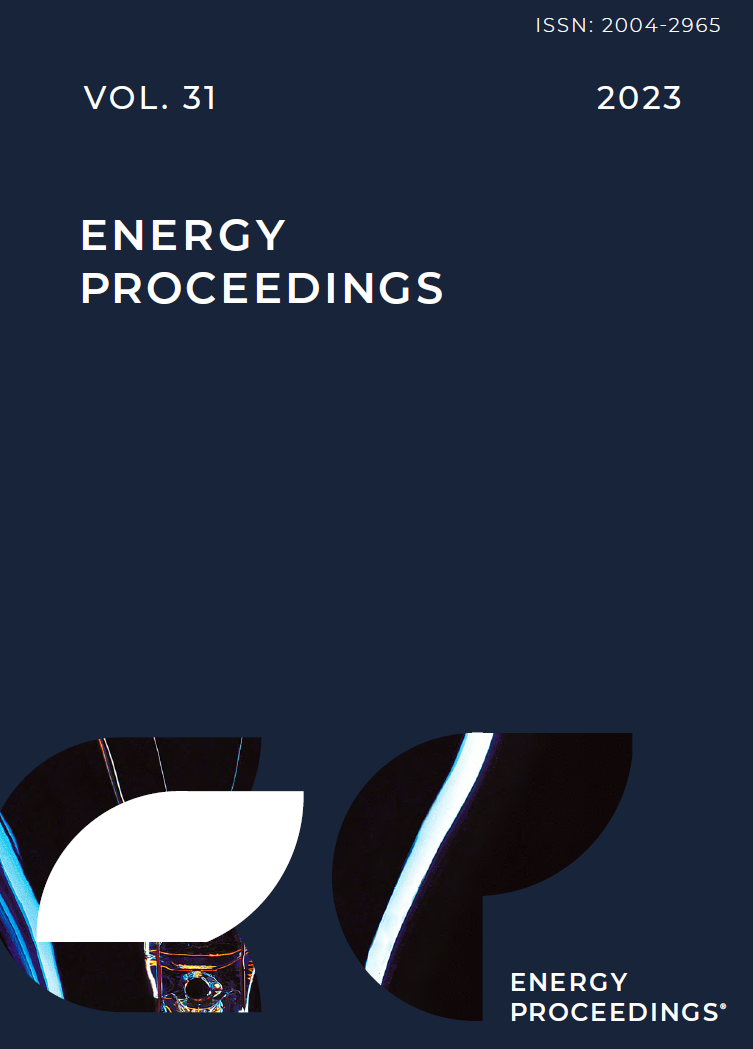
Volume 31: Clean Energy Technologies towards Carbon Neutrality
ISSN 2004-2965
The Application Potential Analysis of Refuse Derived Fuel as an Alternative to Coal -A Case Study of Ningbo, China
Shiyue Hu
Download PDF
Article Preview
Significance of a Thermodynamic Promoter (1,3-dioxolane) Concentration in Promoting CO2 Hydrate: Implication for Hydrate-based CO2 Sequestration
Yuanxin Yao, Daoyi Chen, Zhenyuan Yin
Download PDF
Article Preview
Analysis on temperature swing adsorption for carbon capture integrated with heat pump technologies
L. Jiang, W. Liu, R.Q. Wang, X.J. Zhang
Download PDF
Article Preview
CO2 Capture for Low Temperature Heat Utilization Based on Advanced Coconut Shell Biochar
Y. Ji, C. Zhang, X.J. Zhang, C. Wu, L. Jiang
Download PDF
Article Preview
Coordinated Control Strategy of Hybrid AC/DC Microgrid with Photovoltaic and Energy Storage System
Yiwen HU, Chuang LIU, Jingyue WANG, Zhongchen PEI
Download PDF
Article Preview
Enhanced Low-Voltage Ride-Through Control Strategy of Grid-Forming Converter Based on Virtual Synchronous Generator
Feng. Ji, Zhuang. Xu
Download PDF
Article Preview
Sulfonated Poly(arylene perfluoroalkylene)s-based Proton Exchange Membranes in PEMFCs: a Perspective
Zhi Long, Dongfeng Xue, Kenji Miyatake
Download PDF
Article Preview
Slagging, Fouling, Abrasion, and Corrosion Potential in Cofiring Biomass SRF With Bituminous Coal Blend
Hafizh Ghazidin, Hanafi Prida Putra, Nur Cahyo, Ardi Nugroho, Rahmat Ranggonang Anwar, Muhammad Hasan Albana, Hariana
Download PDF
Article Preview
Identification of structural drivers of energy transition: empirical evidence from China
Pibin Guo, Xianmei Liu, Xiuli Liu, Qinglong Wu
Download PDF
Article Preview
Thermo-economic evaluation and optimization of Carnot battery intergrating low-grade thermal energy on both charge and discharge processes
Pei Lu, Xianglong Luo, Yingzong Liang, Jianyong Chen, Zhi Yang, Ying Chen
Download PDF
Article Preview

Copyright ©
Energy Proceedings

